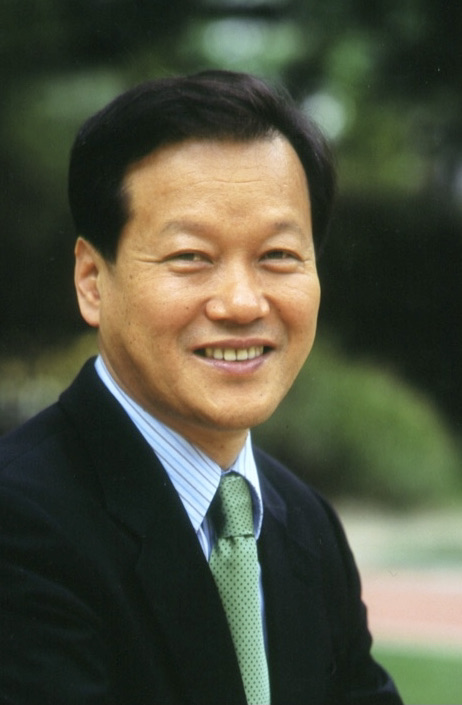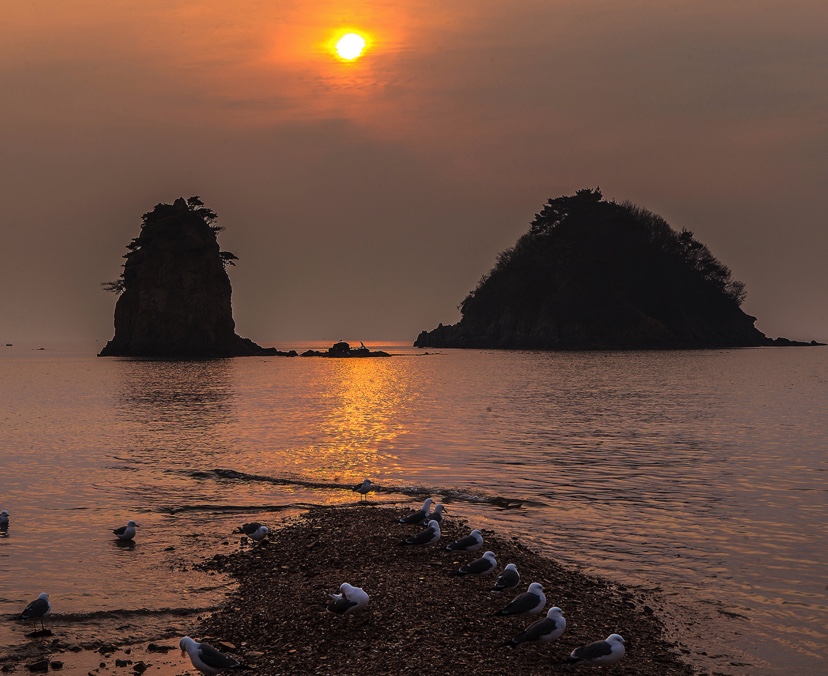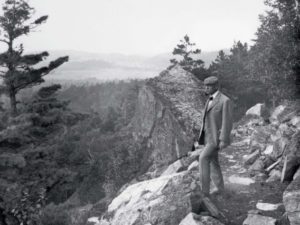Asia is an important hub for environmentalism, according to Yul Choi, one of South Korea’s environmental leaders, because it contains 60% of the earth’s human population and contains many rapidly expanding economies. As the saying goes, Choi has “walked the talk,” including going to prison on behalf of this idea.

Yul Choi was born on January 19, 1949, in Daegu, South Korea. He was a student activist in college, which led to a six-year prison term. During his imprisonment, he read extensively about the environment, realizing that the lives of Koreans were compromised by rapid economic growth without adequate environmental constraints. Upon release, he created the first environmental non-governmental organization in his country, the Korean Research Institute of Environmental Problems. His environmental activism began “in earnest,” he claims, when he established the Korean Anti-Pollution Organization in 1982.
He has been particularly concerned about the effects of nuclear energy and the ensuing radioactive wastes on human health. He formed another organization, the Korean Anti-Pollution Movement, in 1988, using it to tell the general public about nuclear waste. This led to another arrest (this time only house arrest), but that did not stop the growing concern about nuclear waste. In 1990, he led 20,000 Korean citizens in a protest that stopped the construction of a nuclear waste facility on Anmyeon Island, the home of several national parks and recreation areas a little south of Seoul.

Choi was awarded the Goldman Environmental Prize in 1995 for his efforts in grassroots activism. In characteristic fashion, he used the monetary award accompanying the prize to found the Korean Environmental Center, with the mission of “providing environmental education for children, diverse environmental information for Koreans citizens, and networking opportunities.” This center morphed into the Korea Green Foundation. Today that foundation has broadened its scope to represent all of Asia, serving as an educational and leadership portal for environmental activists across the region.
Choi’s activism resulted in another prison stay, this time for one year during 2013-2014. He was leading efforts to stop the Four Rivers project, a huge modification of waterways and ecosystems in Korea. Once again, he was true to his principles: “If being part of the environmental movement makes me guilty, then I gladly agree to my sentence. I leave my true judgment in the hands of the environment itself, which is the court of the future.” I’m pretty sure the environment would vote to acquit.
References:
Korea Green Foundation. 2018. Korea Green Foundation Brochure. Available at: http://www.greenfund.org/en/board/board.php?bo_table=bogo_en.
The Goldman Environmental Prize. 2013. 1995 Prize Recipient Yul Choi Sentenced to One Year in Prison. Available at: https://www.goldmanprize.org/blog/1995-prize-recipient-yul-choi-sentenced-to-one-year-in-prison/.
The Goldman Environmental Prize. 1995. Yul Choi, 1995 Goldman Prize Recipient, Asia. Available at: https://www.goldmanprize.org/recipient/yul-choi/.

